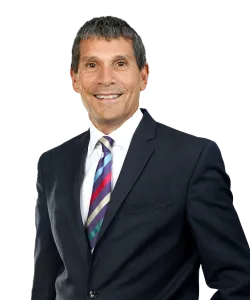One More Ruling in the O’Bannon v. NCAA Saga
On December 16, 2015, the United States Court of Appeals for the Ninth Circuit denied a group of former student-athletes’ bid to rehear the court’s earlier decision that student-athletes do not have to be compensated beyond the cost of attending college. Edward O’Bannon Jr. v. National Collegiate Athletic Association et al., case numbers 14-16601 and 14-17068 (U.S. Court of Appeals for the Ninth Circuit).
The decision leaves intact a decision from September, in which a three-judge panel of the Ninth Circuit struck down part of a district court ruling that would have allowed student-athletes to receive deferred cash payments of up to $5,000 per year for use of their names, images and likenesses. The $5,000 per year would have been put into a trust for students to access after graduation and would have been in addition to the regular scholarship money that student-athletes are provided.
Although the plaintiffs had won part of the appellate decision, in that student-athletes may be compensated a few thousand dollars beyond traditional academic scholarships up to the full cost of school attendance, they petitioned the Ninth Circuit to rehear the deferred cash payments issue that the district court had decided in their favor. There had been some thought that the former student-athletes seeking rehearing might prevail on their petition when the Ninth Circuit directed the NCAA to file a response to the students’ petition. However, it is now clear that Court will not rehear the case.
The litigation began in 2009 when former student-athletes Edward O’Bannon Jr. and Sam Keller filed separate suits against the NCAA, Electronic Arts Inc. and Collegiate Licensing Co. over the use of their likenesses. The disputes over the use of the players’ likenesses in video games settled, but the NCAA pushed through to trial for the antitrust claims. The ruling (both at the lower and appellate courts) only applies to athletes who play football at Football Bowl Subdivision (FBS) Division I schools or who participate in basketball at all Division I schools. Athletes who participate in any other sport at any other level are unaffected by the ruling. The next step for the players is to seek of writ of certiorari from the United States Supreme Court, for which they have 90 days to file.
Contacts
- Related Industries
- Related Practices
-
Read Time
2Minutes

